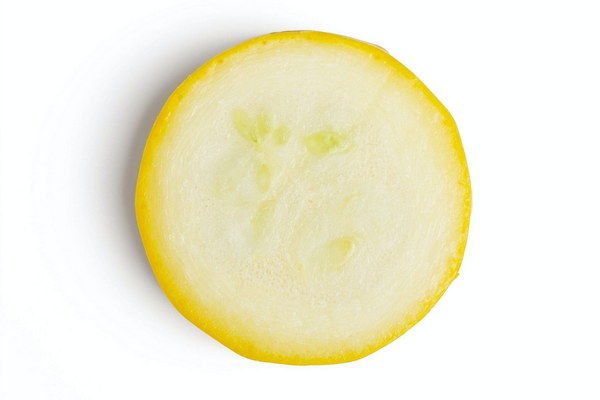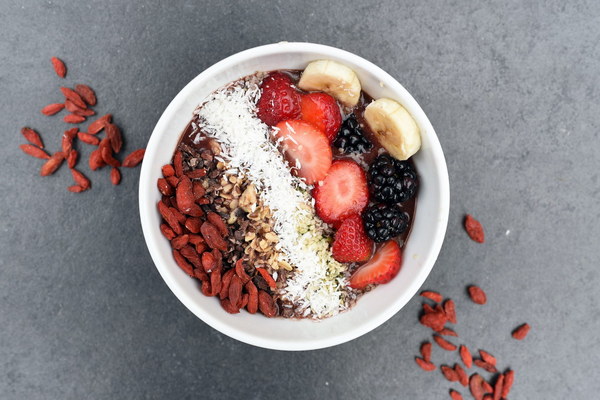Boosting Luteal Function A Nutritional Approach to Balancing Your Hormones
Luteal phase deficiency, or LPD, is a common hormonal imbalance that affects many women, often leading to irregular menstrual cycles and difficulties in conceiving. While medication and hormonal treatments can be effective, a holistic approach that includes dietary changes can also play a significant role in restoring hormonal balance and improving fertility. In this article, we will explore various nutritional strategies that can help women with luteal phase deficiency.
1. Increase Your Intake of Fatty Acids
Fatty acids, especially omega-3 and omega-6, are crucial for hormonal health and have been shown to support luteal function. Incorporate foods rich in these fatty acids into your diet, such as:
- Fish: Salmon, mackerel, and sardines are excellent sources of omega-3 fatty acids.
- Flaxseeds: These seeds contain alpha-linolenic acid (ALA), which converts to omega-3 fatty acids in the body.
- Chia seeds: Chia seeds are another rich source of omega-3 fatty acids and can be added to smoothies, salads, and yogurt.
- Walnuts: Walnuts are a great source of omega-6 fatty acids and can be enjoyed as a snack or added to salads and oatmeal.
2. Consume Adequate Protein

Protein is essential for the production of hormones, including those involved in the luteal phase. Ensure you're getting enough protein by including the following in your diet:
- Lean meats: Turkey, chicken, and lean beef are good sources of protein.
- Eggs: Eggs are a versatile and nutritious protein source.
- Legumes: Beans, lentils, and chickpeas are great plant-based protein options.
- Dairy: Milk, yogurt, and cheese are also excellent protein sources.
3. Focus on Complex Carbohydrates
Complex carbohydrates, such as whole grains, legumes, and vegetables, provide sustained energy and help regulate blood sugar levels, which is crucial for hormonal balance. Some examples include:
- Quinoa: Quinoa is a gluten-free, high-protein grain that can be used as a base for salads, soups, or stews.
- Brown rice: Brown rice is a nutritious whole grain that can be used in various dishes.
- Oats: Oats are rich in fiber and can be enjoyed as oatmeal, in granola, or as a side dish.
- Sweet potatoes: Sweet potatoes are a nutritious and delicious source of complex carbohydrates.
4. Prioritize Leafy Greens
Leafy greens, such as spinach, kale, and Swiss chard, are rich in vitamins, minerals, and antioxidants that can help support hormonal balance. Incorporate these greens into your diet in the following ways:
- Salads: Add a variety of leafy greens to your salads for a nutritious and filling meal.
- Smoothies: Blend leafy greens into smoothies for a quick and easy way to incorporate them into your diet.
- Soups: Use leafy greens as a base or add them to soups for added nutrients.
5. Stay Hydrated
Proper hydration is essential for overall health, including hormonal balance. Aim to drink at least 8 cups of water per day and consider adding some of the following hydrating beverages to your routine:
- Green tea: Green tea contains antioxidants and has been shown to support fertility.
- Coconut water: Coconut water is a natural electrolyte-rich beverage that can help keep you hydrated.
- Herbal teas: Herbal teas can be a soothing and hydrating alternative to sugary drinks.
6. Manage Stress
Stress can negatively impact hormonal balance and luteal function. Practice stress-reducing techniques such as:
- Mindfulness meditation
- Yoga
- Deep breathing exercises
- Physical activity
In conclusion, luteal phase deficiency can be a challenging condition to manage, but a nutritional approach can provide significant support. By incorporating these dietary changes and stress-reducing techniques, you may be able to improve your luteal function and support your overall reproductive health. Remember to consult with a healthcare professional before making significant changes to your diet or starting any new treatment.









